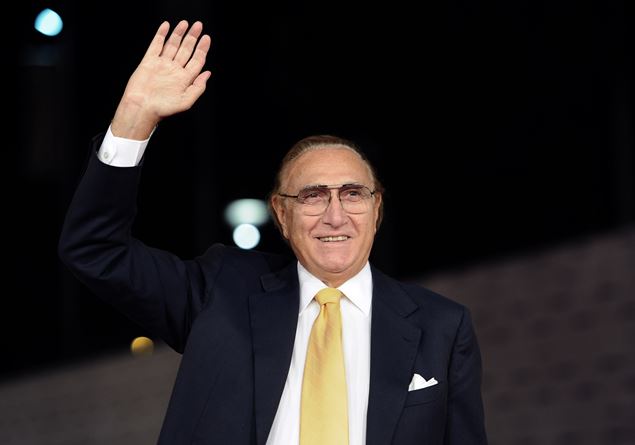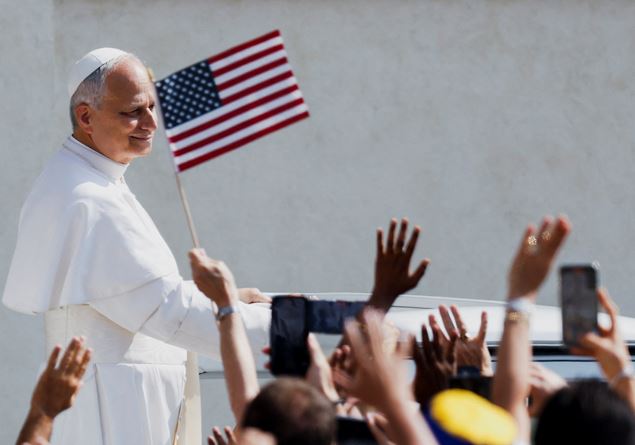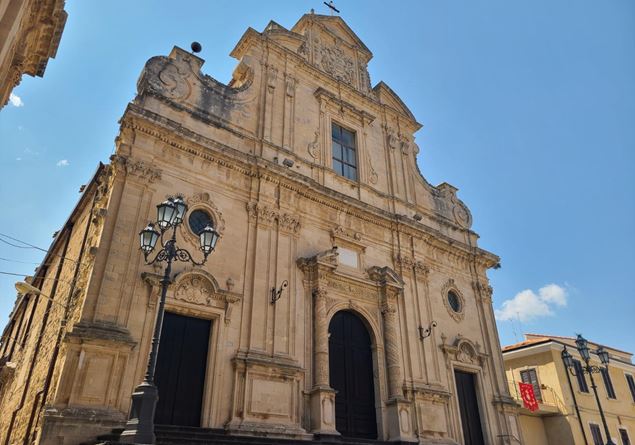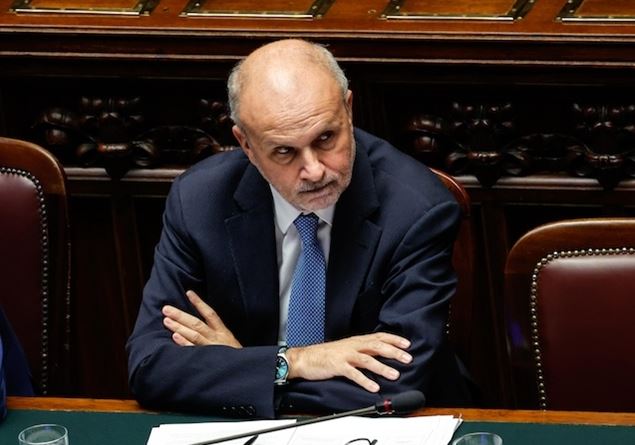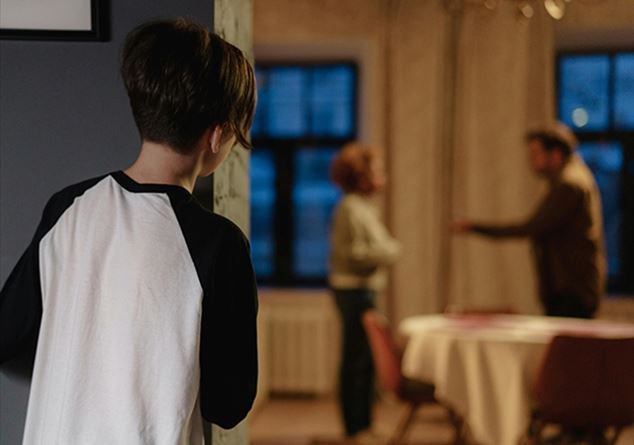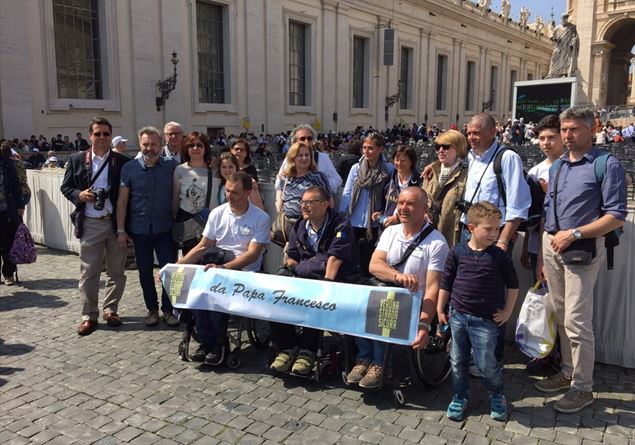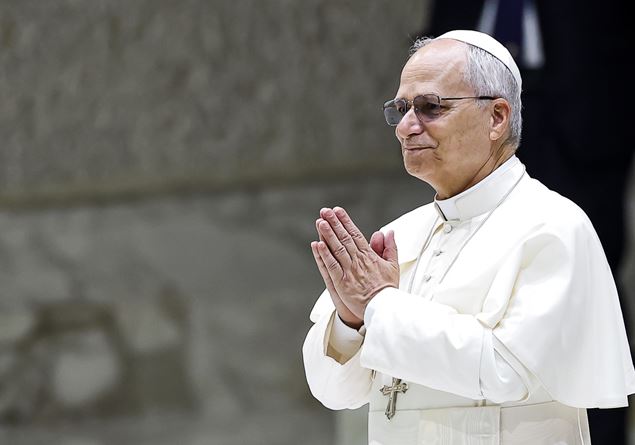After a long tour of mobile pope, with caresses and blessings to children, autographs, exchange of jokes in different languages, Pope Leo continues catechesis on “Jesus Christ our hope” wanted by Pope Francis for the Holy Year.
This week he focuses on healing. In particular on that of Bartimeo, Gerico’s blind man. From that city, which is under the sea level, Jesus begins his climb to Jerusalem. He went to resume “that ADAMO that fell down and which represents each of us” «The evangelist says he is sitting along the way, therefore he needs someone who puts him back on his feet and helps him to resume the journey. What can we do when we find ourselves in a situation that seems without a way out? Bartimeo teaches us to appeal to the resources that we bring inside and that are part of us. He is a beggar, he knows how to ask, indeed, he can shout! If you really want something, do everything to be able to reach it, even when the others reproach you, humiliate you and tell you to give up. If you really want it, continue to shout! The cry of Bartimeo, reported by the Gospel of Marco – “Son of David, Jesus, have mercy on me!” – It has become a very well known prayer in the eastern tradition, which we too can use ». Bartimeo who is blind, explains Leone, “paradoxically sees better than others and recognizes who Jesus is! In front of his cry, Jesus stops and makes him call because there is no cry that God does not listen to, even when we are not aware of turning to him. It seems strange that, in front of a blind man, Jesus does not go immediately to him; But, if we think about it, it is the way to reactivate Bartimeo’s life: it pushes him to get up, he trusts his possibility of walking. That man can get back on his feet, he can rise from his death situations. But to do this he must make a very significant gesture: he must throw away his cloak ». The cloak was very important for the beggars, it was all “it is security, it is the home, it is the defense that protects it. Even the law protected the mantle of the beggar and requires to return it in the evening, if it had been pledged ». Freeing yourself from the cloak means leaving what, many times, “it blocks us are our apparent safety, what we have put on us to defend ourselves and that instead is preventing us from walking. To go to Jesus and let himself be healed, Bartimeo must expose himself to him in all his vulnerability. This is the fundamental step for every path of healing ». And then there is the question of Jesus: “What do you want me to do for you?” It is not a obvious question, because it is not said that “we want to heal our diseases, sometimes we prefer to stay still not to take responsibility. Bartimeo’s answer is profound: he uses the verb Anablepein, which can mean “seeing again”, but which we could also translate with “lifting our eyes”. Bartimeo, in fact, does not just want to return to see, he wants to find his dignity too! To look up, you need to raise your head. Sometimes people are blocked because life has humiliated them and want only to find their own value. What Bartimeo saves, and each of us is faith. Jesus heals us because we can become free. He does not invite Bartimeo to follow him, but tells him to go, to get back on the way ». At that point, however, Bartimeo takes to follow Jesus. «He freely chose to follow the one who is the way! Dear brothers and sisters, we bring our diseases confidence in front of Jesus, and also those of our loved ones, we bring the pain of those who feel lost and without a way out. We also shout for them, and we are sure that the Lord will listen to us and stop », concludes Leone.
Finally, in greetings in Italian recalls the “tragedy in the school of Graz” and ensures his prayer for victims and his closeness to families, schoolmates and the whole community.

